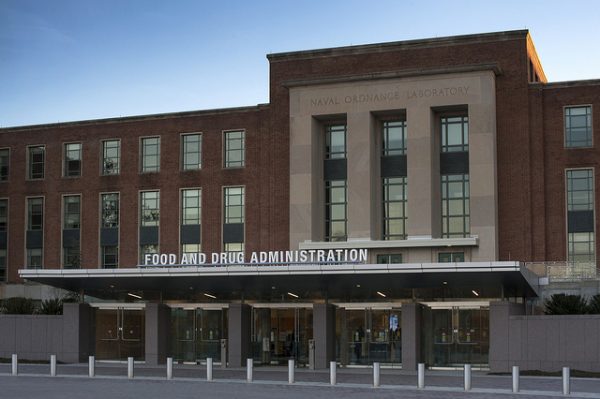
The maker of a recently approved gene therapy withheld evidence that preclinical data used to support its approval were manipulated, the Food and Drug Administration alleged Tuesday.
In a statement, FDA Center for Biologics Evaluation and Research Director Peter Marks wrote that the agency was looking into a disclosure from Novartis subsidiary AveXis that animal data used in the Swiss drugmaker’s application for the approval of Zolgensma (onasemnogene abeparvovec-xioi) in infants with spinal muscular atrophy were manipulated. Moreover, he alleged, AveXis – the original developer of Zolgensma that Novartis acquired in April 2018 for $8.7 billion – waited to tell the agency even after the therapy won approval.
“We are also aware that AveXis became aware of the issue of the data manipulation that created inaccuracies in their [Biologics License Application] before the FDA approved the product, yet did not inform the FDA until after the product was approved,” Marks wrote, adding that civil or criminal penalties were a possibility.
According to a July 26 FDA memo, written by FDA Office of Tissues and Advanced Therapies Director Wilson Bryan, AveXis became aware of the manipulation on March 14, but did not inform the agency until more than a month after the approval.
Shares of Novartis fell more than 4 percent on the New York Stock Exchange following the news.
Still, Marks emphasized that the totality of the data continue to support Zolgensma remaining on the market, but that the manipulation nevertheless affects the accuracy of animal data that were submitted as part of the BLA.

Improving the Healthcare Financial Experience to Help Care Flow
Zelis CEO Amanda Eisel shares her perspective on how the company is solving the problems of a fragmented health financial system to benefit all.
Novartis acknowledged a request for comment but did not provide it by the time of publication.
Bryan stated that the manipulated data were from in vivo mouse studies. He wrote that the he was not aware of any evidence that clinical data were manipulated. Still, had AveXis informed the FDA of the manipulation prior to Zolgensma’s approval, it would likely have resulted in the approval being delayed, he wrote.
Given the versions of the product that were used in the animal toxicology, Phase I and Phase III studies, the data manipulation “seems likely to impact the interpretation of the Phase I clinical trial results, as well as the interpretation of the results of some, but not all, of the nonclinical studies in the original BLA.” However, it does not seem likely to affect interpretation of the results of the animal toxicology studies or the Phase III trial.
“Based on the information available at this time, the Phase 3 clinical trial results continue to provide compelling evidence of the effectiveness of Zolgensma, along with sufficient evidence of safety to support an overall favorable benefit-risk profile,” Bryan wrote.
Still, Marks pointed to the broader issue of the integrity of data and the FDA approval process.
“Ensuring truthful, complete and accurate data in product applications is a critical component of industry’s responsibility as they work to demonstrate the safety, purity, and potency of biological products,” he wrote. “The submission of such truthful, complete and accurate data is also critical for the FDA to be able to protect the public health, and the law requires it.”
At the time of its approval, Zolgensma had raised eyebrows with its list price of more than $2 million, but a third-party assessment deemed it cost-effective.
Photo: FDA, via Flickr (free of all copyright for use and redistribution without restriction)










